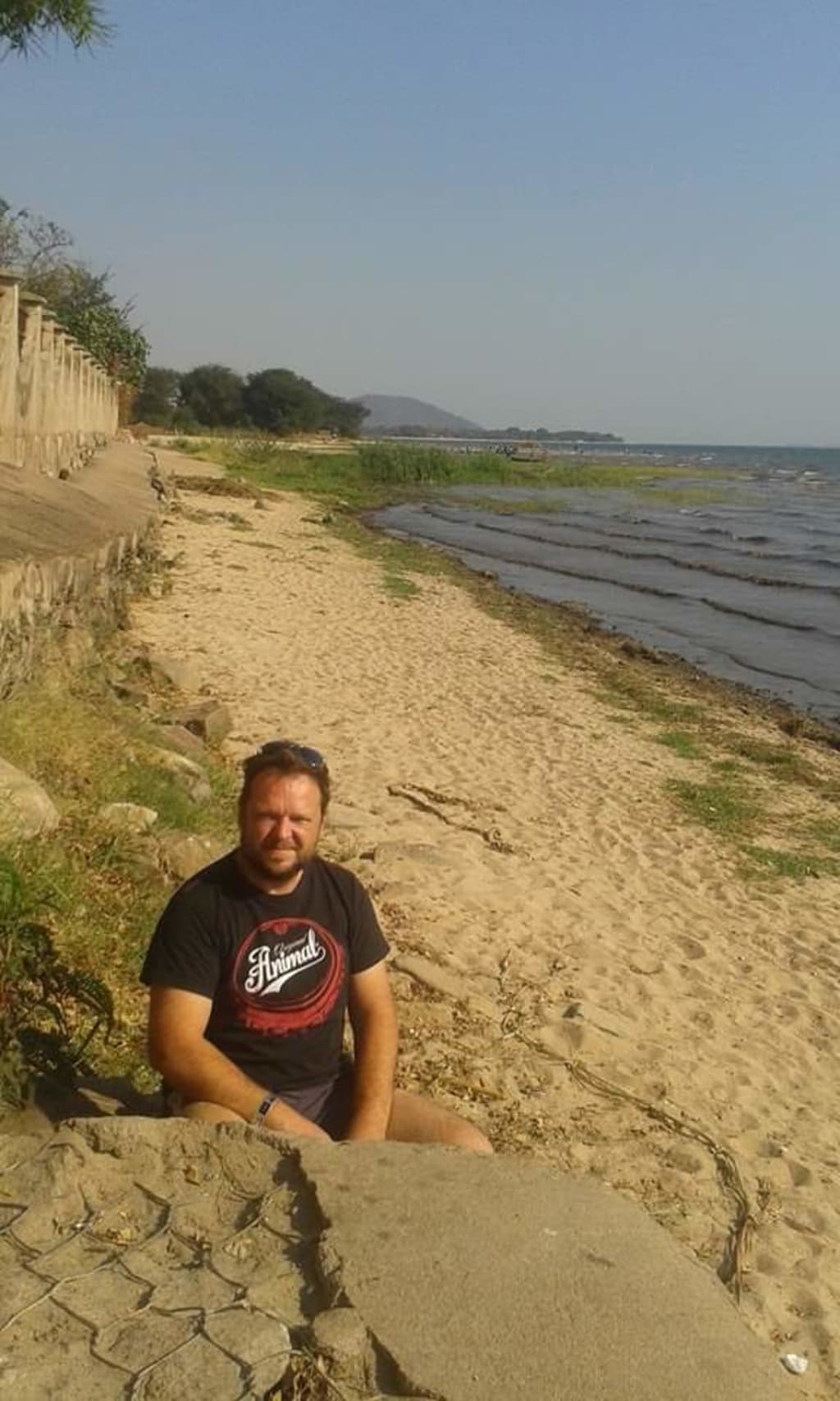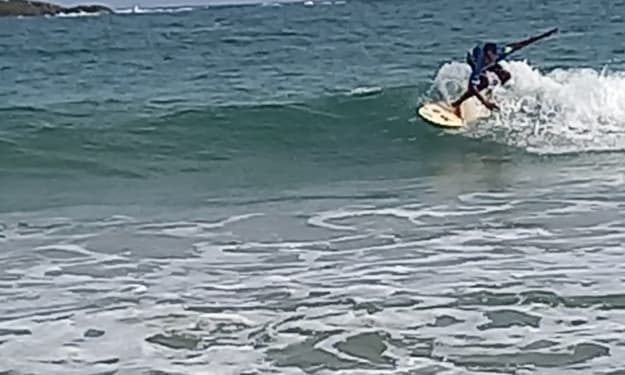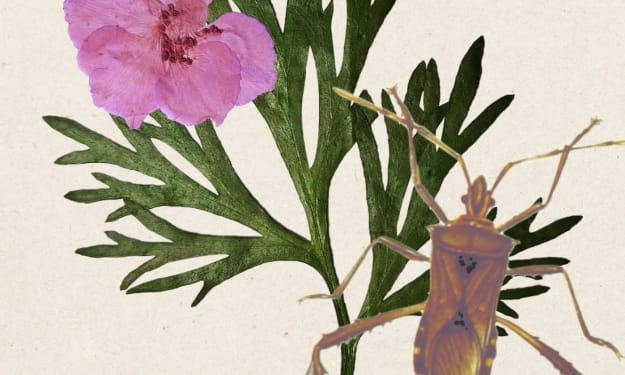William and me Part 4
Personal tragedy. Malawian traditions, poverty, the debt traps and the seeds of hope.

William and me – Part 4
There are many other traditions in Malawi that I have heard and read about and find horrific. One is the tradition in many villages in Malawi of child marriages. Five out of 10 girls in Malawi get married before they turn 18. They are subjected to sexual initiation paid for by the community with a sex hyena. This is a man who traverses across villages and is paid to have sex with girls as young as 9 years of age. The older man is meant to cleanse them of childhood dust to prepare them to be adults. “Kusasa fumbi” is common in southern Malawi. The practice leaves behind unwanted pregnancies and HIV infection. This contributes to setting the economy behind as children lose parents to AIDS to remain under the care of elderly grandparents unable to work in the fields. No wonder the scourge is on a never-ending upward climb in these places.
Yet another tradition that takes place in Malawi is the hunt and killing of albinos for their body parts. Albinos are believed to have magical powers and are targeted for their body parts. The parts are used to make `Muti”, charms that are believed to make one rich and guarantee success in politics. Albinos numbering less than 10,000 in Malawi said to have the most powerful magic. Families must keep them well protected to avoid losing them to people who hunt them for their parts. Talk of retrogressive thinking in this era and age.
In the face of such traditions, people are held back from progress unable to grow in the circumstances. The fact that such cultures are deeply ingrained in society makes it even more difficult to convince people to get rid of them. This is why many parts of Africa are still behind western civilizations and the continent cannot move forward. Another reason for lack of economic progress is the unavailability of borrowing money to start a business especially in rural areas that need it most. Even if a loan can be secured at a bank the interest rates are high at around 15% in Malawi and 20% in Zimbabwe. It is so difficult to get loans when you have no assets, and the individualist mentality means that start-up businesses do not happen. This is where the Microloan Foundation are doing a great job. They lend to women on a small scale to set up farming of livestock and crops so that they can feed their families. The fact that they only lend to women and only lend small amounts tells us all that we need to know about the difference between Africa and Europe. In Europe credit and loans for businesses is easily available at low interest rates and people partner up to put their money together and start up bigger businesses which then grow. Trust between and low interest rates is key but that is lacking in African society so good ideas for business don’t get off the ground, the successful individual businessmen and foreign corporations pay pitifully low wages to the locals and it is a cycle of poverty with no progress in standard of living for the locals.
To make things worse, China has also got a policy of infrastructure projects for resources and many countries (Zambia, Angola, Ethiopia, Djibouti and Kenya) are now so indebted to China that they cannot pay back the loans. Many other African countries are falling into this debt trap and ultimately it is colonialism by economics. China are literally buying the countries and all of their resources. This has been open Chinese Government policy since 2013 and is no secret.
William went back to his family in June 2014 after nine long years in the UK. He said that the last six were the best, living with me and working in such a lovely area for such nice people. He told one of his customers Glynn Thomas (Glenny) that he missed his family too much as was still grieving Gilbert’s death. Glynn (a rich business consultant, then in his early 40s, who specialised in rescuing companies from bankruptcy) paid for a one-way ticket for him to Blantyre.
The tale of his return from his family is not what you would expect after the father and husband has been away for such a long time. In fact, it was the opposite. He was soundly berated by his wife Junior (normally a very easy- going lady) and his grow- up children. "you have spent nine years in the UK and you have nothing to show for it. You came back with a load of junk inside a pile of junk, referring to all the unwanted, second-hand crap that he had accumulated from people’s houses and packed inside the wreck of a Transit van before he shipped it to Malawi. Via Dar Es Salaam in Tanzania. He even drove the 1000 miles from his family home in Blantyre to the Tanzanian border in the very north of the country, as paid the import fees and registration and new license plates,
Three months later William called me and said: “you know I always call you when I need something, well I need something now”. He told me that Junior was seriously ill and needed an operation on her liver and gall bladder. She had been self-medicating with antibiotics and Panadol for years because she was not feeling well, but it was not the correct medicine for her undiagnosed condition.
Sharmen gave up her job in South Africa and came to the house in Blantyre to nurse her mother. By the time she arrived Junior had gone yellow and was scratching great welts of skin from her back as she itched so much. She made her see a doctor and he diagnosed cholesterol stones in her gall bladder and liver failure.
Her first operation was performed in Harare because both Sharmen and Junior did not trust the local hospitals in Blantyre (even though the Adventist Hospital is first class and the government-run Queen Elizabeth hospital does it's very best treating the locals with Malaria, HIV and birth complications, and has many volunteer doctors from all over the world working there. Being Zimbabweans from Harare, this is what they knew and trusted.
Sharmen paid for the flight and I paid for the operation. Sharmen recounted the tale of the flight. It was the first time that her mother had ever flown, at the age of 58, she was petrified as the plane rushed along the runway, doubting that it could possibly go up in the air and she would surely die. When it did take off and reached cruising altitude, she thought that it had stopped in mid-air and would crash to earth, so she tried to get out of her seat and ask the Malawian Airways stewardess if she could open the door for her so that she could get out.
They botched that Operation, so I paid for another one at Blantyre Adventist Hospital, but we were chasing our tail by then and when she got home from that Operation she immediately collapses and was rushed back in for a third. She died in March 2015 of internal bleeding after a five-litre blood transfusion that her body rejected. I remember it well. She left me a WhatsApp voicemail message just before the emergency transfusion, on Sharmen’s phone saying, “I love you Tsano, I wish you many more years, please be happy and healthy”. She knew that she was not going to make it and this message moved me to tears. Sharmen and William were with her the whole time in hospital and William said that it was the “worst day of his life” when she died at the premature age of 59.
I had to step in when Junior died. Working with Sharmen we arranged boarding school in Malawi for Natasha, and she took George back to South Africa. This is where they live now. Ropa was taken in by the Church at the end of his fruitless and ill-fated solo emigration to Cape Town, where he had to sleep on the floor of Rachel’s room, and they lived off sugar water for three weeks. A Zimbabwean/Malawian with no RSA ID he was not able to get any state welfare or work and his only option was the support network of the nearest Zimbabwean Evangelical Gospel church.
About the Creator
John Vallis
Dad, uncle, Traveller, guitarist, academic, conservationist, environmentalist and wastewater engineer by trade.






Comments
There are no comments for this story
Be the first to respond and start the conversation.